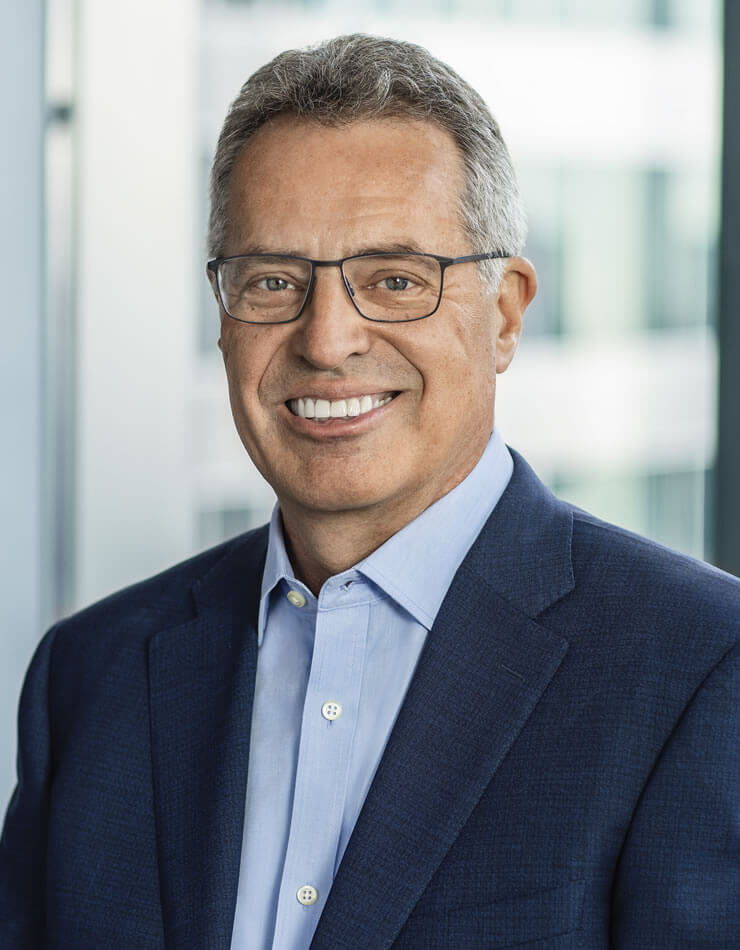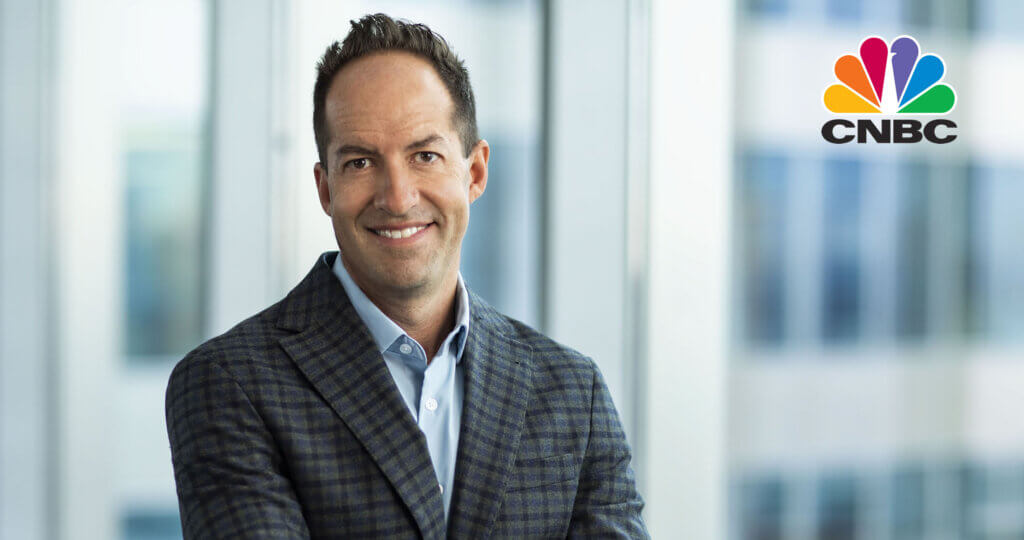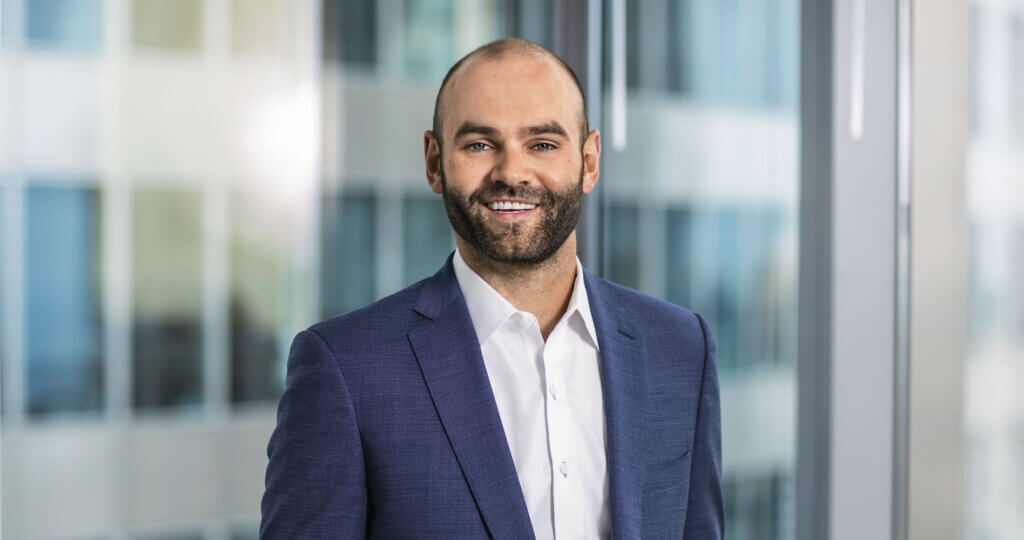Oakmark Global Select Fund - Investor Class
Average Annual Total Returns 03/31/23
Since Inception 10/02/06 7.13%
10-year 7.27%
5-year 3.82%
1-year -8.93%
3-month 9.10%
Expense Ratio: 1.10%
Expense ratios are from the Fund’s most recent prospectus dated January 28, 2023; actual expenses may vary.
Past performance is no guarantee of future results. The performance data quoted represents past performance. Current performance may be lower or higher than the performance data quoted. The investment return and principal value vary so that an investor’s shares when redeemed may be worth more or less than the original cost. To obtain the most recent month-end performance data, view it here.
The Oakmark Global Select Fund (“the Fund”) returned 9.1% for the quarter ended March 31, 2023, outperforming the MSCI World Index (net), which returned 7.7%. Since its inception in October 2006, the Fund has returned an average of 7.1% per year, outperforming the MSCI World Index (net)’s annualized gain of 6.4% over the same period.
Alphabet, a global communication services provider based in the U.S., was a top contributor to the Fund’s performance for the quarter. Fourth-quarter earnings for Alphabet came in around consensus expectations in most of its key business areas, and much of management’s discussion on the earnings call revolved around the recent AI developments and costs. CEO Sundar Pichai said Alphabet is an “AI-first company” that is “extremely well-positioned as AI reaches an inflection point.” He expressed excitement about the AI-driven developments the company plans to unveil in search and other areas. Chief Business Officer Philipp Schindler suggested that, just as mobile computing helped drive higher revenue and profits in search, AI should also have a positive impact on financial performance. Notably, CFO Ruth Porat pushed back on the idea that higher computing costs related to AI-driven services would incrementally pressure profitability. Pichai also said the company is “on an important journey to re-engineer our cost structure in a durable way.” Porat did not provide detail in terms of quantifying savings. However, she noted that the company is slowing the pace of operating expenditures growth, including a meaningful slowing in the pace of hiring in 2023, with most of the impact expected to become more visible in the financials in 2024. She implied that margins are expected to go up over the next couple of years, mentioning that “revenues will grow faster than expenses.” Total capital expenditures in 2023 are expected to be in line with the 2022 level. In aggregate, management expressed confidence in the business prospects across search, YouTube, cloud and various other key businesses, but Porat observed that “the challenging macroeconomic climate is ongoing.” Overall, we believe the company is positioned well to reap the benefits of the scale of its search business and years of investment into AI capabilities. We also appreciate that the company is transforming its views on cost discipline and efficiency. Our research indicates that Alphabet is trading around its lowest relative price-to-earnings ratio on forward consensus earnings since its initial public offering 20 years ago. When we adjust our valuation for losses in its “Other Bets” segment and include an asset value for its cloud segment, we believe the stock trades at an even lower multiple. To us, this is too cheap of a valuation for a company with businesses, like search, YouTube and Android, which have durable competitive advantages and attractive secular growth outlooks.
American International Group (AIG), a U.S.-based multinational finance and insurance corporation, was a top detractor for the period. AIG’s share price declined during the quarter as a result of broader concerns stemming from the banking crisis. We have found that during times of financial stress, AIG tends to trade like a life insurer, even though we attribute only around 20% of its value to Corebridge. We do not agree with the market’s perceived assumption that life insurers’ risk profiles have increased meaningfully and will suffer asset impairments as they did during the global financial crisis. In our view, this panic is quite different from the global financial crisis. Most of today’s problems are the result of an asset and liability mismatch rather than a credit crisis. We believe that AIG’s core general insurance business drives most of the company’s value, and, in our view, underwriting has seen tremendous improvement since CEO Peter Zaffino joined the company. Since 2016, underwriting profits have improved by $7 billion, and $2 billion of that improvement occurred in 2022. The combined ratio in 2022 was in the low 90% range, and Zaffino believes that this can be below 90% in a few years. The company has accomplished this while lowering insurance limits by roughly half, which dramatically narrows the range of underwriting outcomes. In addition, AIG has been going through a major cost-savings plan for the last several years in preparation for the separation. Part of this plan is to simplify and collapse the reporting structure for the general insurance operations, and we believe the lower general operating costs will have a positive effect on the combined ratio. Ultimately, we believe the company remains an attractive investment given its discount to our perception of its intrinsic value.
During the quarter, we sold our positions in Booking Holdings (U.S.), Credit Suisse Group (Switzerland), Netflix (U.S.) and Richemont (Switzerland) in favor of names that offer more potential upside, in our opinion.
Additionally, we initiated a position in Intercontinental Exchange (U.S.) during the quarter. Intercontinental Exchange is one of the largest and most successful financial exchange operators. The company was created through a series of shrewd acquisitions under founder and CEO Jeff Sprecher. We believe Sprecher is an excellent CEO with a history of astute capital allocation and an ability to adapt to opportunities and competitive threats. Today, Intercontinental Exchange competes in three primary segments: exchanges, fixed income/data services and mortgage technology. We believe each of these businesses exhibits attractive economic characteristics and will grow earnings faster than GDP over time. Investors today are concerned about Intercontinental Exchange’s mortgage segment as rising interest rates have depressed origination volumes. We agree that this segment will be pressured in the near term. However, only 7% of trailing 12-month revenues are sensitive to mortgage volumes, and we believe they will eventually revert to historical norms. Today, however, Intercontinental Exchange sells for what we believe is an underserved discount to its exchange peers and private market valuations.
Geographically, we ended the quarter with 53.7% of the portfolio in the U.S., 34.9% in the U.K. and Europe, and 11.4% in Asia.
We thank you for your continued support.
The securities mentioned above comprise the following preliminary percentages of the Oakmark Global Select Fund’s total net assets as of 03/31/2023: Alphabet Cl A 11.0%, American Intl Group 4.0%, Booking Holdings 0%, Credit Suisse Group 0%, Intercontinental Exchange 4.0%, Netflix 0%, and Richemont 0%. Portfolio holdings are subject to change without notice and are not intended as recommendations of individual stocks.
The MSCI World Index (Net) is a free float-adjusted, market capitalization-weighted index that is designed to measure the global equity market performance of developed markets. The index covers approximately 85% of the free float-adjusted market capitalization in each country. This benchmark calculates reinvested dividends net of withholding taxes. This index is unmanaged and investors cannot invest directly in this index.
On occasion, Harris may determine, based on its analysis of a particular multi-national issuer, that a country classification different from MSCI best reflects the issuer’s country of investment risk. In these instances, reports with country weights and performance attribution will differ from reports using MSCI classifications. Harris uses its own country classifications in its reporting processes, and these classifications are reflected in the included materials.
Because the Oakmark Global Select Fund is non-diversified, the performance of each holding will have a greater impact on the Fund’s total return, and may make the Fund’s returns more volatile than a more diversified fund.
Investing in foreign securities presents risks that in some ways may be greater than U.S. investments. Those risks include: currency fluctuation; different regulation, accounting standards, trading practices and levels of available information; generally higher transaction costs; and political risks.
The information, data, analyses, and opinions presented herein (including current investment themes, the portfolio managers’ research and investment process, and portfolio characteristics) are for informational purposes only and represent the investments and views of the portfolio managers and Harris Associates L.P. as of the date written and are subject to change and may change based on market and other conditions and without notice. This content is not a recommendation of or an offer to buy or sell a security and is not warranted to be correct, complete or accurate.
Certain comments herein are based on current expectations and are considered “forward-looking statements”. These forward looking statements reflect assumptions and analyses made by the portfolio managers and Harris Associates L.P. based on their experience and perception of historical trends, current conditions, expected future developments, and other factors they believe are relevant. Actual future results are subject to a number of investment and other risks and may prove to be different from expectations. Readers are cautioned not to place undue reliance on the forward-looking statements.
All information provided is as of 03/31/2023 unless otherwise specified.











